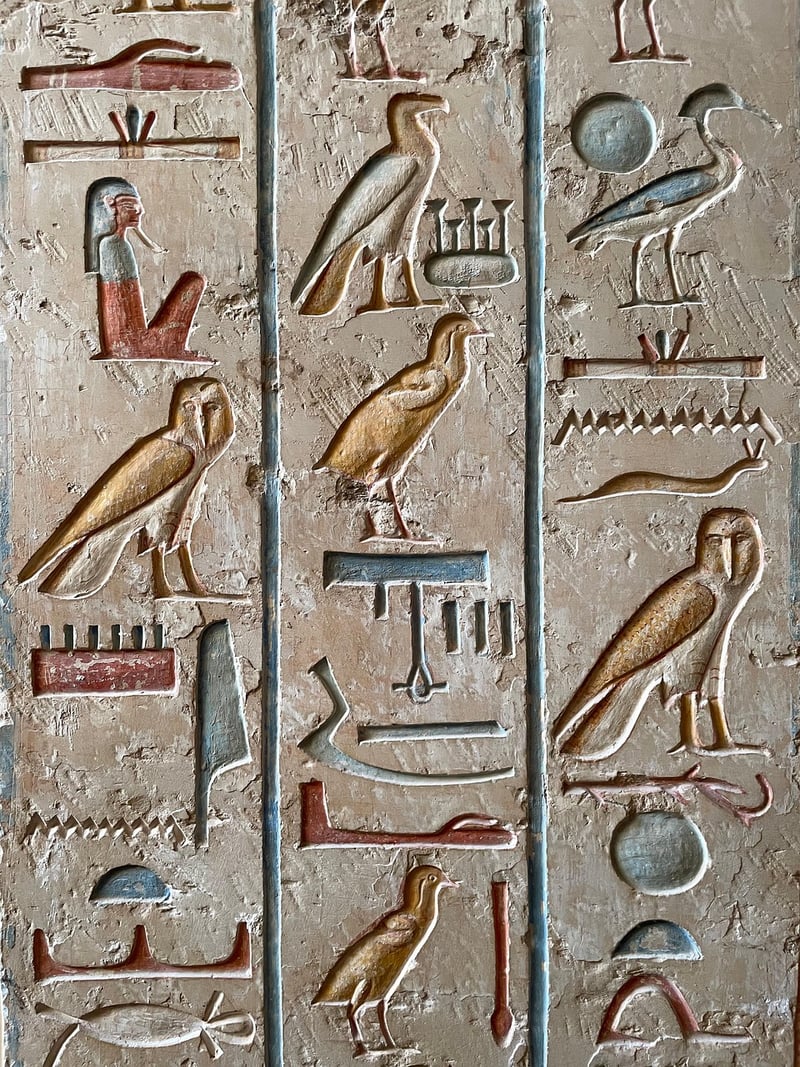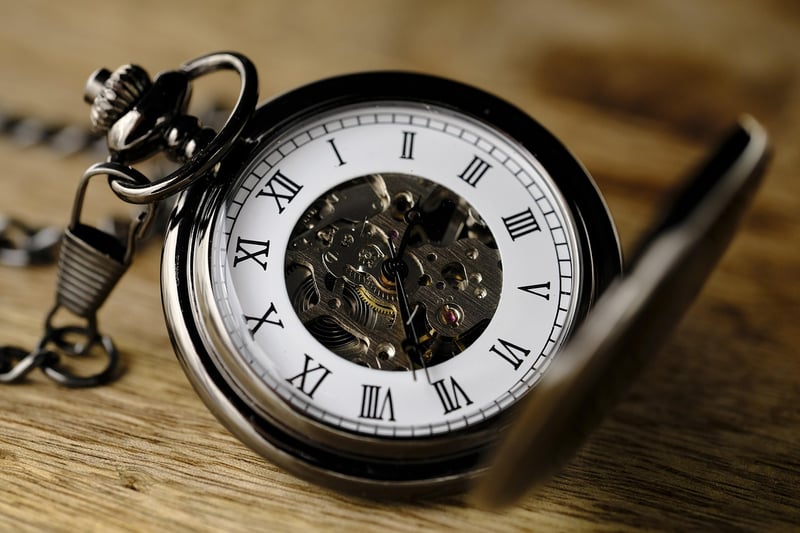Temporal Escapes
Exploring Time Periods and Temporal Escapes
Time is a fascinating concept that has intrigued humans for centuries. From ancient civilizations to modern-day society, our perception of time has evolved, leading to various theories and practices. Let's delve into different time periods and the idea of temporal escapes.
Ancient Times:
Ancient civilizations like the Egyptians, Greeks, and Mayans had unique ways of measuring time. The sundial, water clock, and celestial movements played a crucial role in their understanding of time.

Medieval Era:
The Middle Ages saw the development of mechanical clocks and the division of the day into hours. Monasteries were known for their meticulous timekeeping practices, influencing the broader society.

Industrial Revolution:
The Industrial Revolution brought about significant changes in how time was perceived. The standardization of time zones and the invention of the pocket watch revolutionized daily life.

Modern Times:
In the digital age, time seems to move faster than ever. Smartphones, computers, and wearable tech have made time management crucial in our daily routines. The concept of "time is money" has never been more relevant.

Temporal Escapes:
As life gets busier, the idea of temporal escapes gains popularity. Practices like mindfulness, meditation, and nature walks offer moments of respite from the constant flow of time, allowing individuals to recharge and reconnect with themselves.

Exploring different time periods and embracing temporal escapes can provide valuable insights into our relationship with time and how we can make the most of it in our fast-paced world.
Remember, time is a precious commodity; use it wisely.
